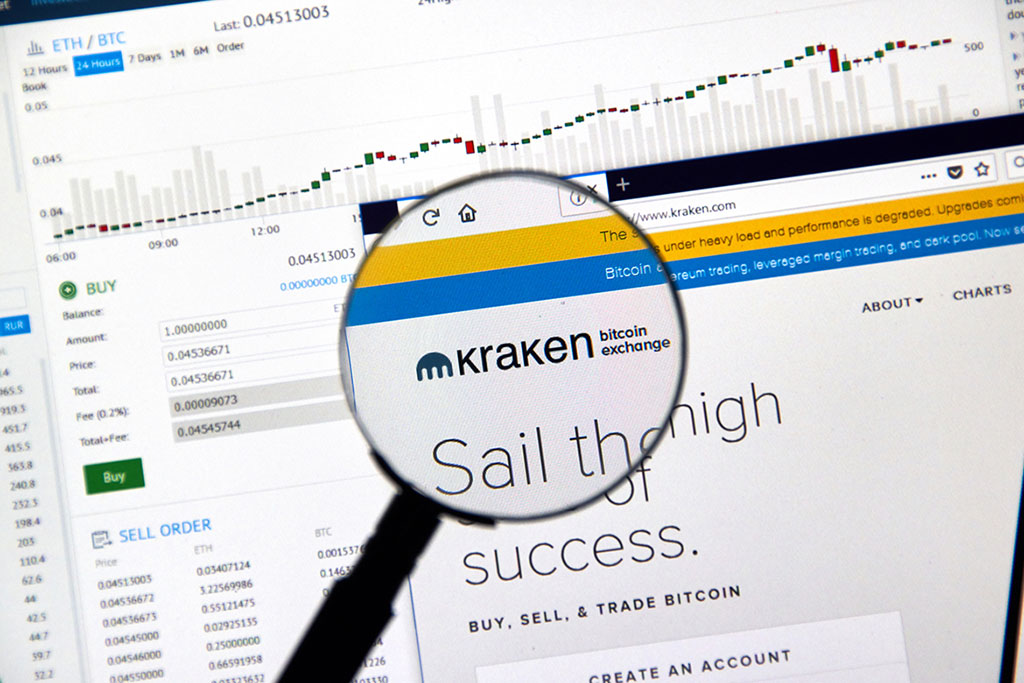
Filecoin Price Skyrockets amid Upbit Listing Announcement: What’s Next for FIL?
FIL witnessed a major price surge after its listing on Upbit exchange, along with a notable surge in development activity.


1H
-0.31%$0.0087
24H
6.08%$0.1605
7D
7.62%$0.1983
30D
17.1%$0.4089

FIL witnessed a major price surge after its listing on Upbit exchange, along with a notable surge in development activity.

Binance Exchange remains at the forefront of in-house cleaning with 4 trading pairs set to leave the platform soon.

Like every other network upgrade, the NV23 upgrade is a move by Filecoin aimed, first, at improving its network performance.

The Dragonfly partner urges all stakeholders to stay focused on building valuable technology. He advises VCs to encourage founders to be practical about valuations and exchanges to consider listing tokens at lower initial prices.

Kraken contends the SEC interpretation of the Howey Test and asks the court to dismiss the case against the exchange.
Filecoin is a decentralized storage system that aims to “store humanity’s most important information.” The project raised $205 million in an initial coin offering (ICO) in 2017, and initially planned a launch date for mid-2019. However, the launch date for the Filecoin mainnet was pushed back until block 148,888, which is expected in mid-October 2020.
The project was first described back in 2014 as an incentive layer for the Interplanetary File System (IPFS), a peer-to-peer storage network. Filecoin is open protocol and backed by a blockchain that records commitments made by the network’s participants, with transactions made using FIL, the blockchain’s native currency. The blockchain is based on both proof-of-replication and proof-of-spacetime.
Find everything you wanted to know about Ally Invest – one of the best brokers in terms of low-cost commissions and fees.

A look at Dogecoin’s price outlook, technicals, and investment potential.
